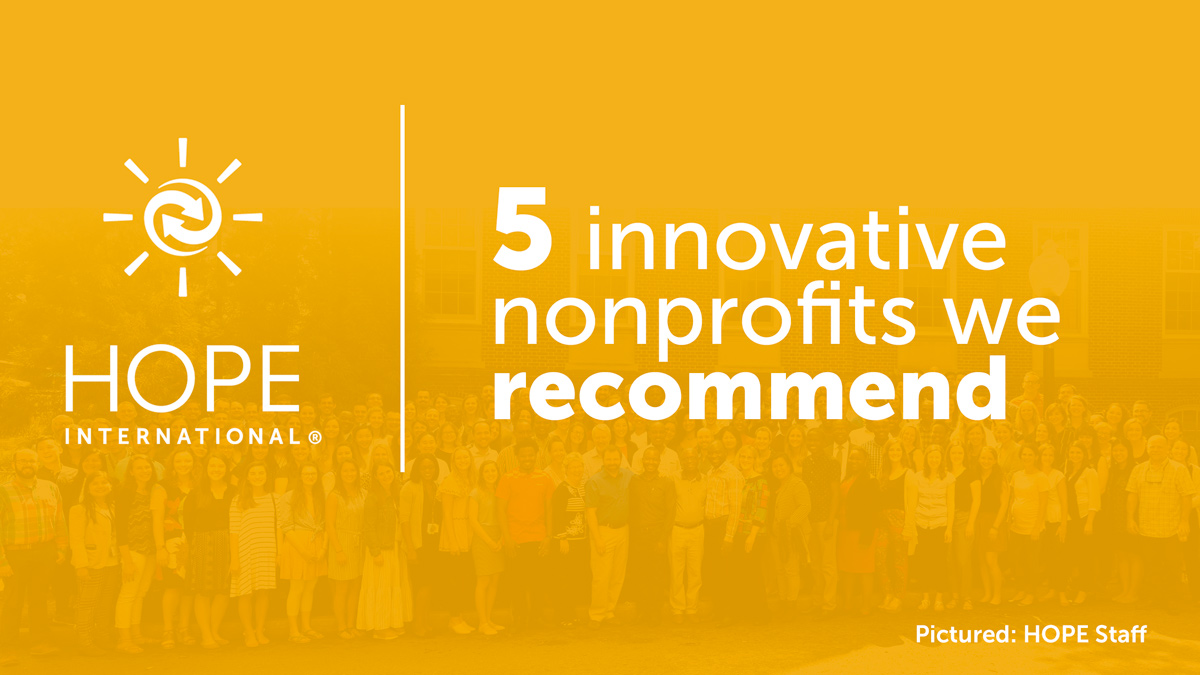Reposted from www.peterkgreer.com.
In the last few weeks, I’ve hit my 10-year anniversary serving with HOPE.
Incredibly grateful, I’m still overwhelmed by the fact that I’ve had the opportunity to serve at such an incredible organization. With such an extraordinary team, I continue to learn every day.
But yesterday, I had the chance to reflect on some things I’ve learned in the past few years:
- When hiring … choose wisely. Jim Collins was right—get the right people on the bus, and good things happen.
- Culture matters. When you have clarity of culture, you don’t have to spend time worrying about so many other issues. A clear culture guides behavior more than any set of rules or policies. Articulating HOPE’s PASSION statement gave clarity to our culture we wanted to create: PASSION.
- Care for families, not just the employee. My friend Steve said, “If you do something nice to me, I’ll remember you … But if you do something nice for my family, I’ll never forget you.” An organization that supports families—whether that’s providing meals or helping people move or creating flexible work arrangements—doesn’t go unnoticed.
- It’s always the small things. While having a great benefits package is ideal, it’s the small things each day that matter most. Are employees always on the lookout for ways to tangibly care for each other?
- Simplify. And then repeat. Repeat. Repeat. Organizational whiplash, where leaders constantly change priorities and goals, undermines progress. Focusing on core elements and goals, and then reinforcing through repetition, helps an organization move forward in a unified manner. Focus and repetition lead to excellence.
- Measure what matters—and celebrate often. “What gets measured gets done.” Beyond measurement, healthy organizations pause to celebrate together. A highlight of my week is when we celebrate individuals exhibiting our culture of PASSION during staff meetings.
- Asking the right questions matters more than getting the right answers. The people who have had the greatest impact at HOPE are the ones who know how to ask questions and get to the heart of the problem first. How could you frame every agenda item at meetings with the question you are trying to answer?
- Commit to continual learning. Organizational impact is tied to staff members’ constant desire for continual learning. Acknowledging there is always more to learn in the pursuit of progress, we pursue excellence together.
- Be willing to change your role. Ten years ago, I did vastly different things at HOPE than I do today. Don’t hold tightly to titles or roles or assignments. Be willing to ask, What can I do right now which will best advance my organization’s mission?
- Never forget—every good thing is a gift from God. Whatever good happens, we must remember the Giver of these gifts. At HOPE, we have a very long list of reasons to thank God.
On the list, I intentionally didn’t include the technical lessons learned about enterprise risk management, new financial products to impact poverty, credible and cost effective monitoring and evaluation, internal audit … because I believe these issues seem to be solved when you get the people and culture right.
To staff, friends, and supporters, thank you for the past 10 years—they have been a gift.




















